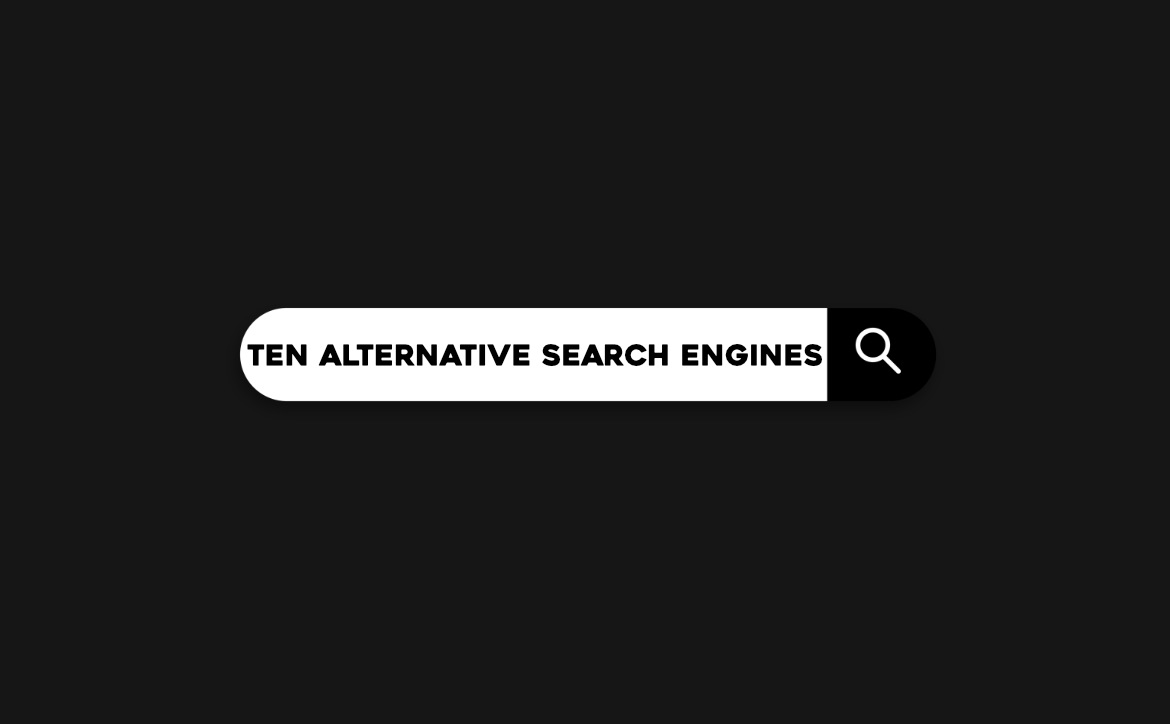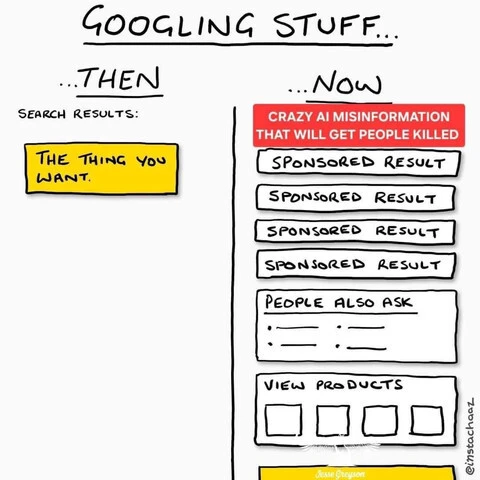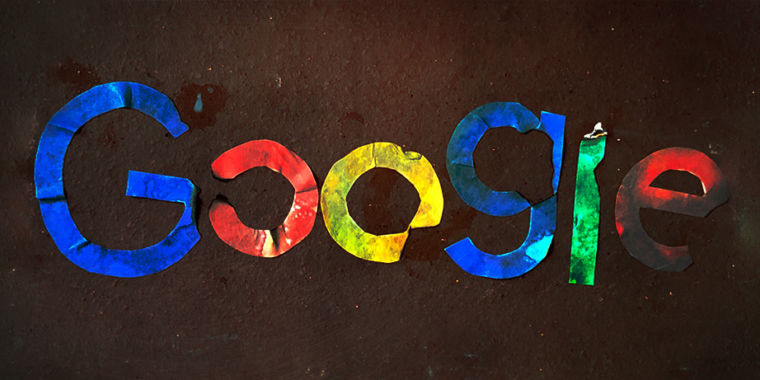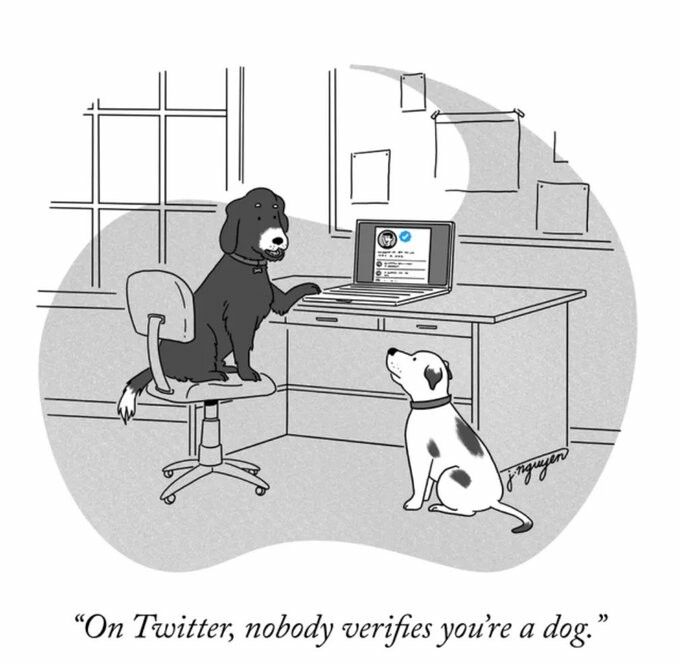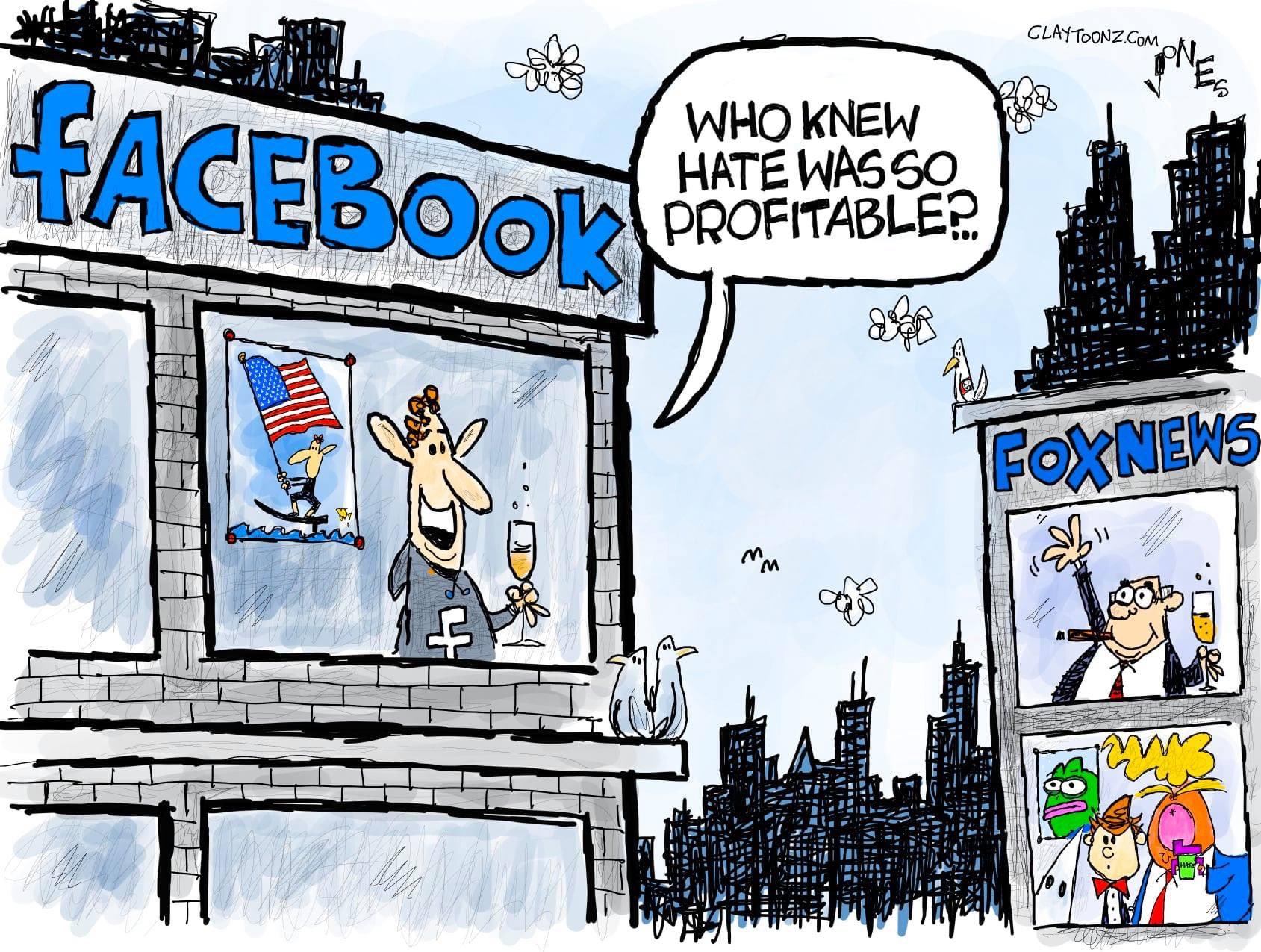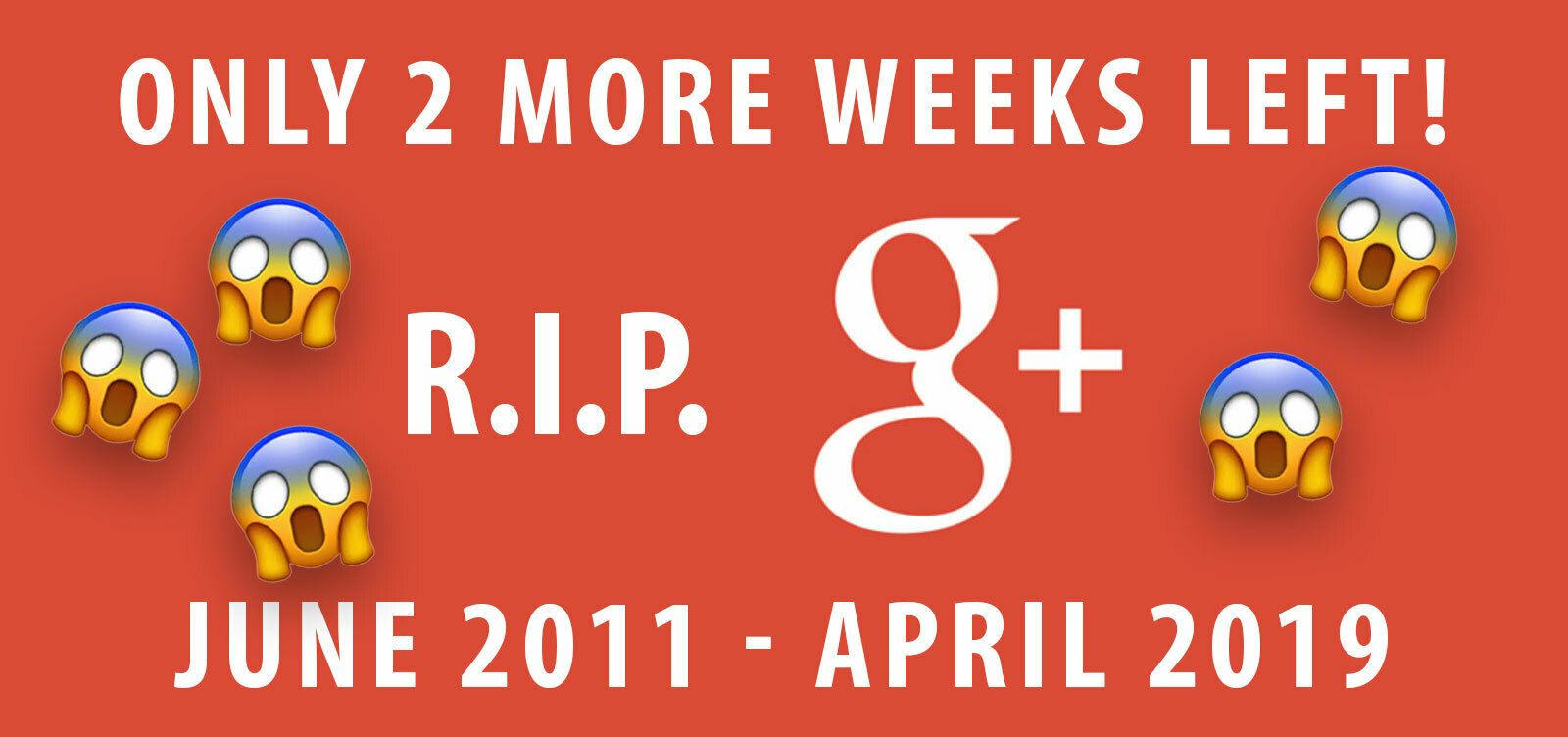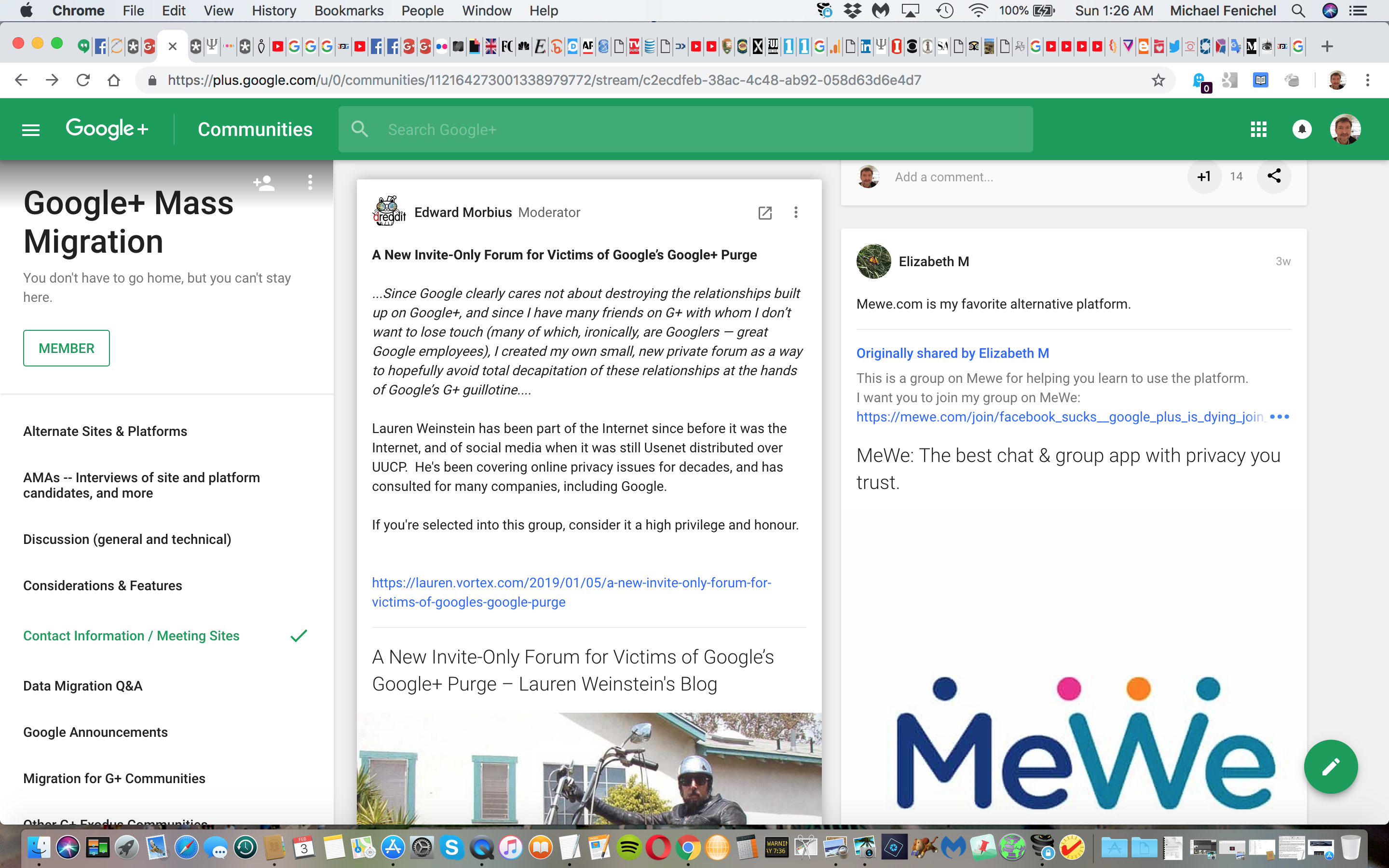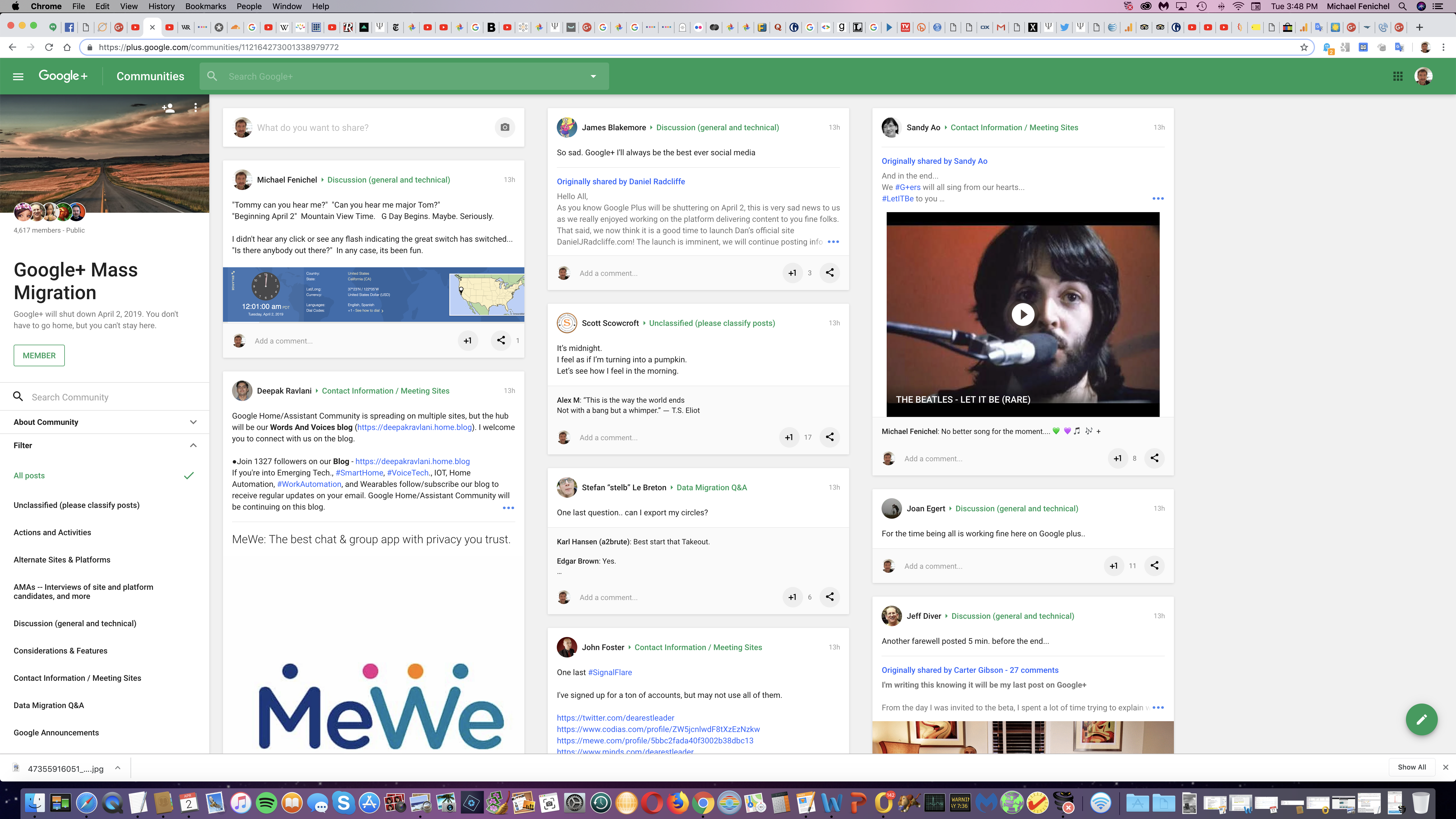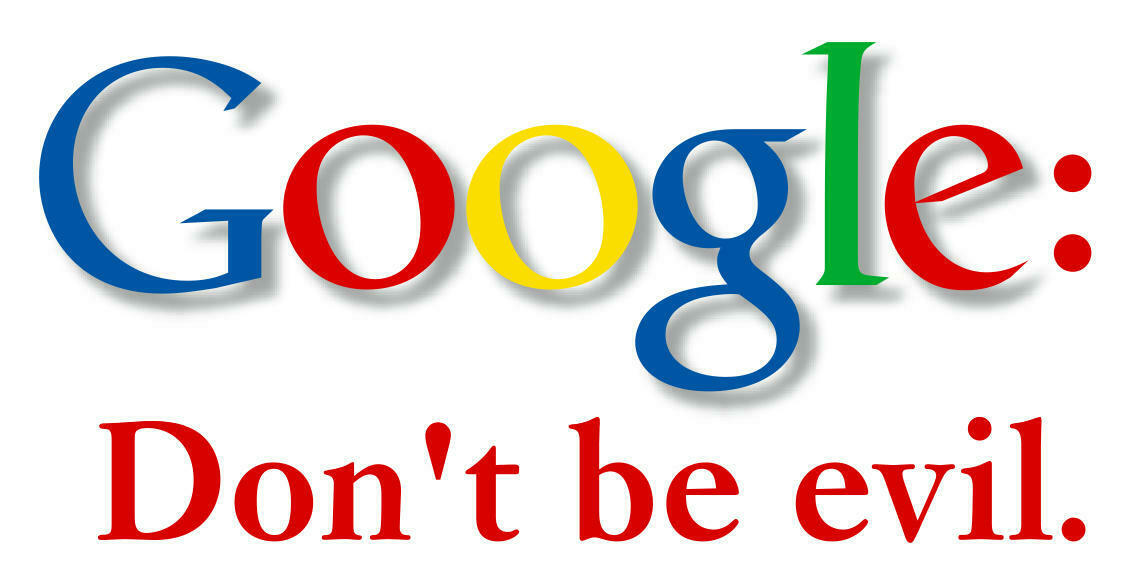It's Time to #nongoogle Everything.
It's been nearly a year since the Snowden documents came out. In that time there's been a growing number of people, myself included, who have become aware of the environment of ubiquitous surveillance we're in--not just government eavesdropping, but corporate data collection as well--and from then to now, the progress in pushing back against this stifling environment has been underwhelming.
We know, generally, what needs to be done. That we need significant, and unceasing pressure on our respective governments to push for meaningful reform, firstly. Politicians need to know they will not have the people's support, if they can't even have a respect for our fundamental rights.
It's also clear that there are many commercial, and technological changes that need to be made, such as increased use of encryption (especially client-side encryption), and more widespread adoption of free software.
One thing that is particularly clear is that our information technologies need to be much more decentralized. This problem is described nicely in this New Yorker article:
"The national-security state tends to love monopolies—a coöperative monopoly augments and extends the power of the state, like a technological prosthesis. (Germany offers even more extreme examples of this than America does.) In general, when a dominant firm, or a few firms, holds power over part of the information industry, we can expect intelligence agencies to demand coöperation and partnership. Over time, the firm can become a well-compensated executioner of state will. If history is any guide, the longer that companies like Facebook and Google stay dominant, the more likely it becomes that they will serve as intelligence partners to the United States and other governments."
It is clear that continued support of the tech giants like Google, Facebook, Microsoft, and so on, will always only go towards the continued elimination of our privacy, and thus, our freedom. Fundamentally, it can be viewed as a constant, that a big-enough corporation will always act in its own interest, and often to the detriment of the people. To that end, the details of our personal lives have become their next gold rush. Information is power. It is lucrative. It is in the tech giants (and many other companies) best interest to ever-increasingly base their business models on surveillance.
But they don't call it surveillance. They call it Big Data, and they praise Big Data like it's the new gospel. They can go on for hours about how Big Data will benefit everyone, to make everything more efficient, less wasteful, etc. But of course, as they can only be trusted to do, the first thing they use Big Data for is to manipulate us, so they can boost their bottom line.
"Consumers going through major life events often don’t notice, or care, that their shopping habits have shifted, but retailers notice, and they care quite a bit. At those unique moments, Andreasen wrote, customers are “vulnerable to intervention by marketers.” In other words, a precisely timed advertisement, sent to a recent divorcee or new homebuyer, can change someone’s shopping patterns for years."
And Big Data doesn't just mean manipulation. It means discrimination and predation.
"In one particularly egregious case, a telemarketer stole from a 92-year-old Army veteran's bank account after receiving information from the data broker InfoUSA, which advertised lists like "Oldies But Goodies" to reach people described as “gullible . . . [who] want to believe their luck can change.”"
To put it into Occupy language, Big Data is one more tool for the 1% to further consolidate their power, and more effectively keep the 99% down.
Without sufficient counter-forces against these developments, they will only continue. And it's clear, given how much governments have become intoxicated by the power of surveillance -- much of which is enabled by Big Data -- that they cannot be relied on, or trusted to fix this problem. We have to do it ourselves.
Big Data needs to be pushed back against, just as much as state-eavesdropping, because in the end, Big Data means Big Control, Big Power, for those who can gather the most information about everyone.
"While not everyone is online all day long, we’re all implicitly offline. Wouldn’t it be great it we could gather meat space data and use that to tailor the offline experience much like companies now tailor your online experience? “Personalizing your meat space experience” is a gross way of saying “pretty much control your life.”"
We need to get the masses to migrate to free software alternatives, to have better computer literacy, and to have a deeper understanding of the technical details related to all-things-data.
But that's a tall order. Getting a person to change even one small computing habit is like pulling teeth. There needs to be good, quantifiable reasons. They need to hit home, and the changes need to be made one at a time. For those of us with more experience and knowledge in computer technology, it's not fair to expect that anyone is going to change when we're effectively saying, "Hey, everything about the way you use computers is wrong. You need to stop, and do things this way instead."
Here's the thing: People don't need to change all their computing habits at once to make a difference. It may be completely unfeasible to get everyone to peel away all their bad practices at once, but we can target exactly one change at a time, and drive hard for it. Each individual change may seem small, even insignificant, toward the goal of fully safeguarding an individuals personal data, but it could send shockwaves through the system.
And what we should do is start with the low-hanging fruit.
We should stop using the search engines from any of the tech giants, and we should do everything possible to get everyone to do the same.
To make it clear, that means no more Google searches, no more Bing searches, and no more Yahoo searches. As a rule of thumb, if the company was named in the NSA Prism slides, don't use their search systems.
Instead of them, use one of the alternatives that tend to be recommended. Whether it's Ixquick, DuckDuckGo, StartPage, Disconnect, MetaGer, or if you're more determined, Seeks, or YaCy.
Anyone can switch to a different search engine. If you can go to google dot com, you can go to duckduckgo dot com (or one of the other ones). This can be a great galvanizing effort, a way to tell someone, "Look, you can make a difference. You can make the world better. All you gotta do is use a different search engine. Easy."
A quick look at the volume of searches for the top search providers, as of last February (assuming I'm reading the charts right):
- Google: 11.941 billion
- Microsoft: 3.257 billion
- Yahoo: 1.822 billion
- Ask: 477 million
- AOL: 235 million
11.944 billion monthly searches. When the news about Prism first broke out, searches on DuckDuckGo went from 1.7 million a day to 3 million a day within a fortnight, and that was simply from an uncoordinated, kneejerk reaction by the people. Imagine if there was a coordinated effort, dedicated solely to diminishing the number of searches done on the tech giant engines. We can bring Google's monthly searches down from ~12 billion, to 6b, 3b, and so on until their share looks more like AOL's.
So let's make that the definitive goal: 1. Remove Google, Microsoft, Yahoo, Ask, and AOL from the list of top search providers. 2. Make the top list of search providers include Disconnect, DuckDuckGo, Ixquick, MetaGer, Seeks, StartPage, and/or YaCy.
While search isn't the only way these companies make money, it will still hit them hard. It's a major driver of ad revenue. There are entire markets around search engine optimizations. If the number of eyeballs and clicks on the big search providers plummets, so will much of their profits. This will get attention, a lot of it.
This is doable, though we need to spread the word as far and wide as possible. Copy and paste this post on all the sites you frequent. Link to it. Reshare it. Echo the sentiment in your own words. Make catchy infographics and other artistry about the effort and post it on sites like Reddit, Imgur, Tumblr, and so on. Translate it.
Change your default search engine to one of the ones listed, on all the browsers and devices you use. Get your friends and family to make the switch too. That may be the hardest part, but don't get frustrated. Have a sense of humor about it. Give them a reason to want to make the switch. Make deals if you have to; tell them you'll make dinner for them.
If you run a website of any kind, consider adding something to it, to further spread the message.
If you still use any of the big social media like Twitter or Facebook, which is bad, rally around a hashtag, like, say, #nongoogle, #ungoogle, or something. Make it trend.
And on that note, we need to talk about language. The holy grail of advertising is when someone uses a company name to refer to a product. Like how we call hook-and-loop velcro. In the case of search, telling someone to "google" something is an endorsement of their product. It makes Google the norm, and stands in the way of breaking their dominance in search. So what we should do is either call it what it is, search, or even use the terms 'nongoogle' or 'ungoogle' to make an explicit declaration of our intent to push for this initiative.
If we can make this happen, it will be a huge, tangible victory in the fight for our privacy rights, and civil liberties. So please spread the word and take action. It's time to start doing nongoogle searches.
I release this as CC0 1.0
♡2014 Copying is an act of love. Please copy.
#surveillance #spying #privacy #freedom #nsa #prism #nongoogle #ungoogle #google #search #freesoftware #slacktivism #activism
reshared from: @Unspoken Pebbly 24/5/2014 08:31:10
via @Triadd
